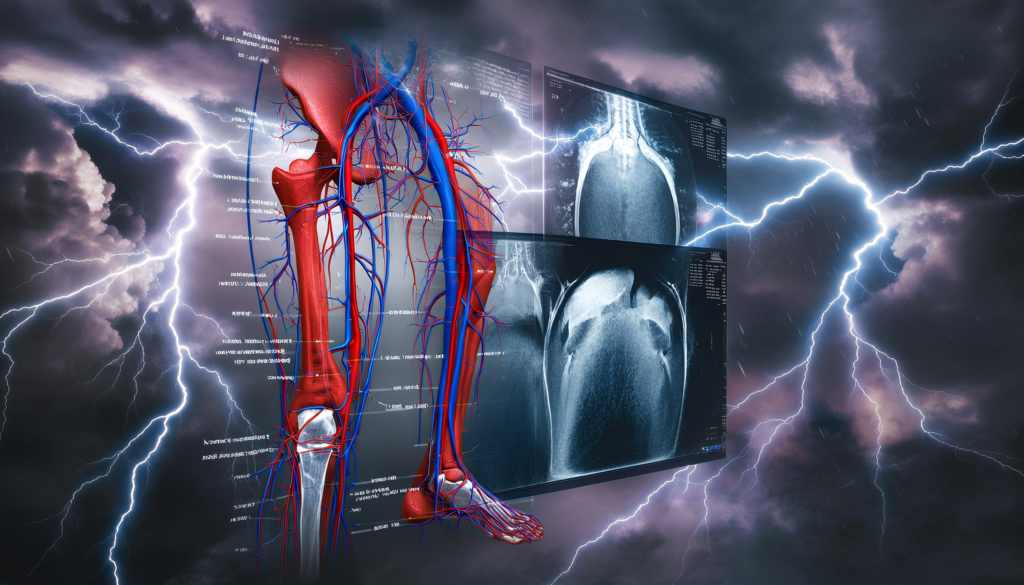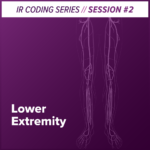The U.S. Department of Health and Human Services (HHS), in collaboration with the Centers for Medicare & Medicaid Services (CMS) and the Substance Abuse and Mental Health Services Administration (SAMHSA), recently announced the inclusion of 10 more states in the Certified Community Behavioral Health Clinic (CCBHC) Medicaid Demonstration Program.
This expansion marks a significant step forward in the nation’s effort to enhance mental health and substance use services, aligning with President Biden’s Unity Agenda and the broader Biden-Harris Administration’s initiatives to address the country’s mental health and addiction crises.
The newly added states – Alabama, Illinois, Indiana, Iowa, Kansas, Maine, New Hampshire, New Mexico, Rhode Island, and Vermont – have successfully developed the required state-level infrastructure and collaborated with local providers to meet CCBHC standards. These standards ensure the provision of comprehensive mental health and substance use services, including 24/7 crisis services and timely outpatient care.
A New Era of Behavioral Health Services
HHS Secretary Xavier Becerra emphasized the transformative impact of CCBHCs on behavioral health treatment in the U.S., stating, “Thanks to the Bipartisan Safer Communities Act, we are adding 10 new states to this groundbreaking demonstration, ensuring our CCBHCs can serve more Americans who need our help.”
The Act, signed into law by President Joe Biden, authorizes HHS to expand the program to 10 new states every two years. This addition brings the total number of states participating in the CCBHC Medicaid Demonstration Program to 18, with the original eight states being Michigan, Missouri, Kentucky, Nevada, New Jersey, New York, Oklahoma, and Oregon.
Comprehensive and Accessible Care
Certified Community Behavioral Health Clinics are designed to provide a wide range of services to anyone seeking care for mental health or substance use conditions, regardless of their ability to pay. CCBHCs are required to offer routine outpatient care within 10 business days and maintain crisis services available around the clock. This model of care emphasizes community needs assessments, care coordination, and the incorporation of evidence-based practices.
HHS Deputy Secretary Andrea Palm highlighted the significance of sustainable funding for these clinics, noting that it allows them to connect more individuals to necessary care. “This is another example of our commitment at HHS to transforming behavioral health and ensuring all Americans have access to behavioral health resources,” Palm said.
The Road Ahead
The expansion of the CCBHC program is a critical component of the Administration’s strategy to build a robust behavioral health system. In March 2023, SAMHSA awarded 15 state planning grants using BSCA funding to assist states in certifying clinics as CCBHCs, establishing Medicaid payment systems and preparing for a four-year demonstration program. Another round of planning grants is expected to be awarded early in Fiscal Year 2025, with 10 more states joining the program in Fiscal Year 2026.
CMS Administrator Chiquita Brooks-LaSure emphasized the importance of community-centered solutions like CCBHCs in addressing various societal challenges, including substance use disorders, mental health crises, housing insecurity, and public safety. “Aligned with the Biden-Harris Administration’s commitment to mental health, CCBHCs equip communities with the tools they need to tackle many of society’s most entrenched challenges,” she said.
Looking Forward
As more states join the CCBHC Medicaid Demonstration Program, the number of clinics is expected to grow, further expanding access to critical behavioral health services. Currently, over 500 CCBHCs operate across 46 states, the District of Columbia, and Puerto Rico, supported largely through SAMHSA’s CCBHC Expansion Grant program.
The CCBHC model, which ensures access to a comprehensive range of services and sustainable funding, is pivotal in transforming mental health and substance use treatment across the country. For individuals struggling with mental health or substance use issues, help is available through resources like the 988 Suicide & Crisis Lifeline, FindSupport.gov, and the SAMHSA National Helpline at 800-662-HELP (4357).
By expanding the CCBHC program, the U.S. is taking significant strides towards a more equitable and effective behavioral health system, ensuring that quality care is accessible to all who need it.













